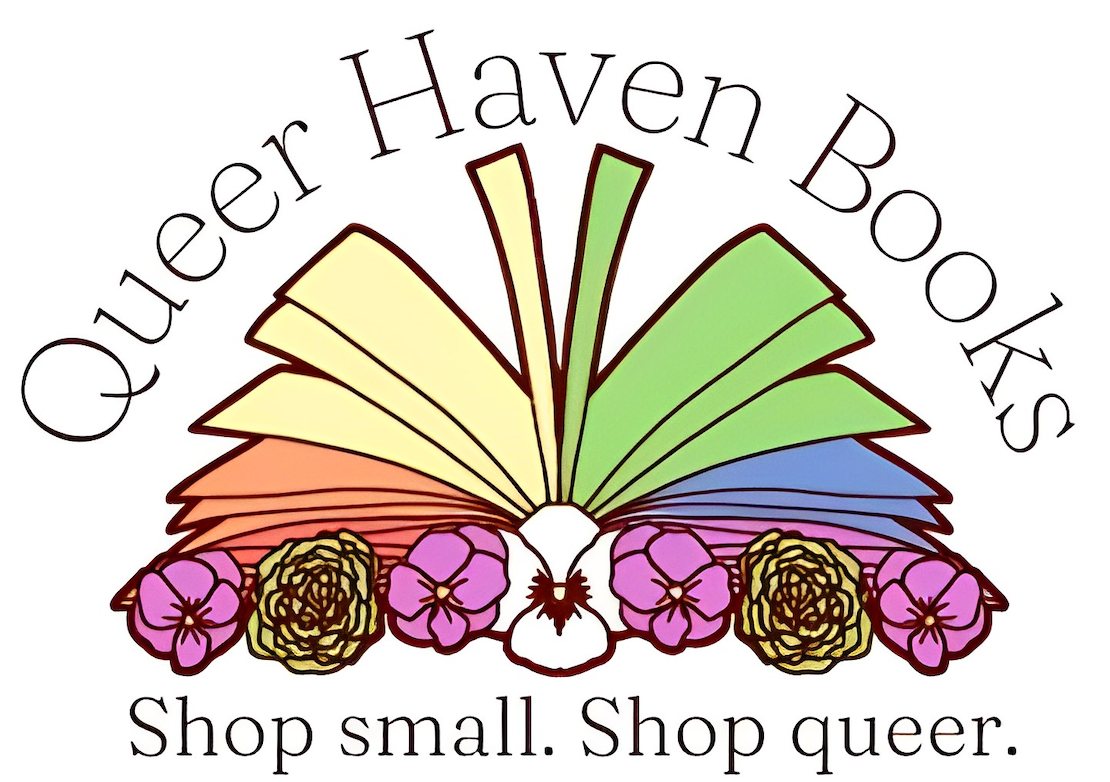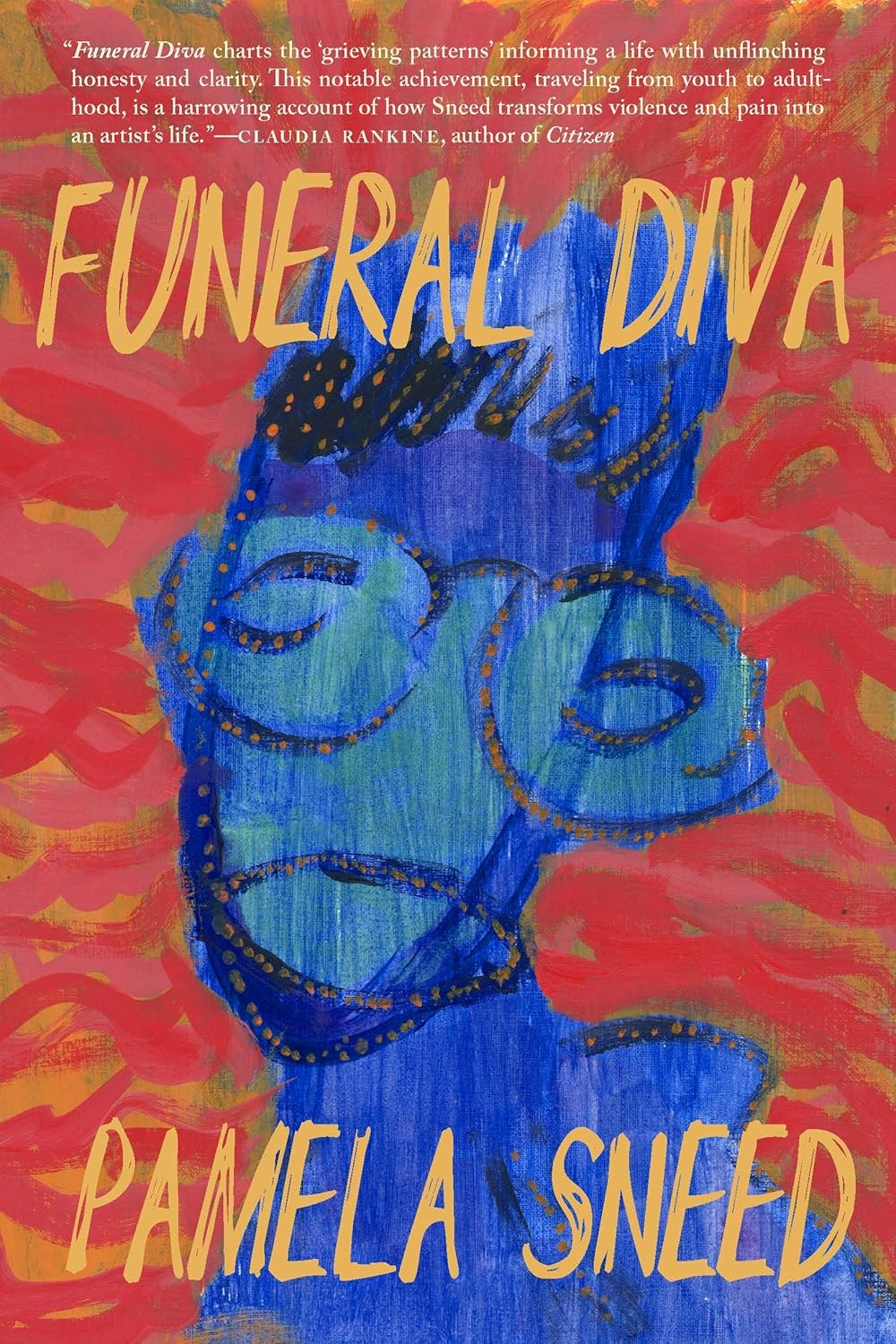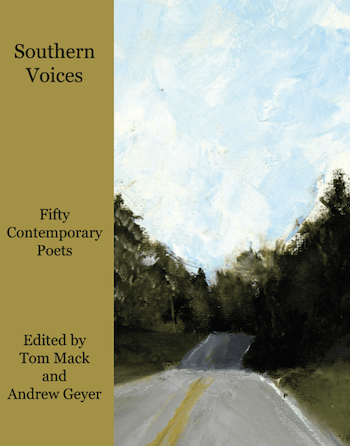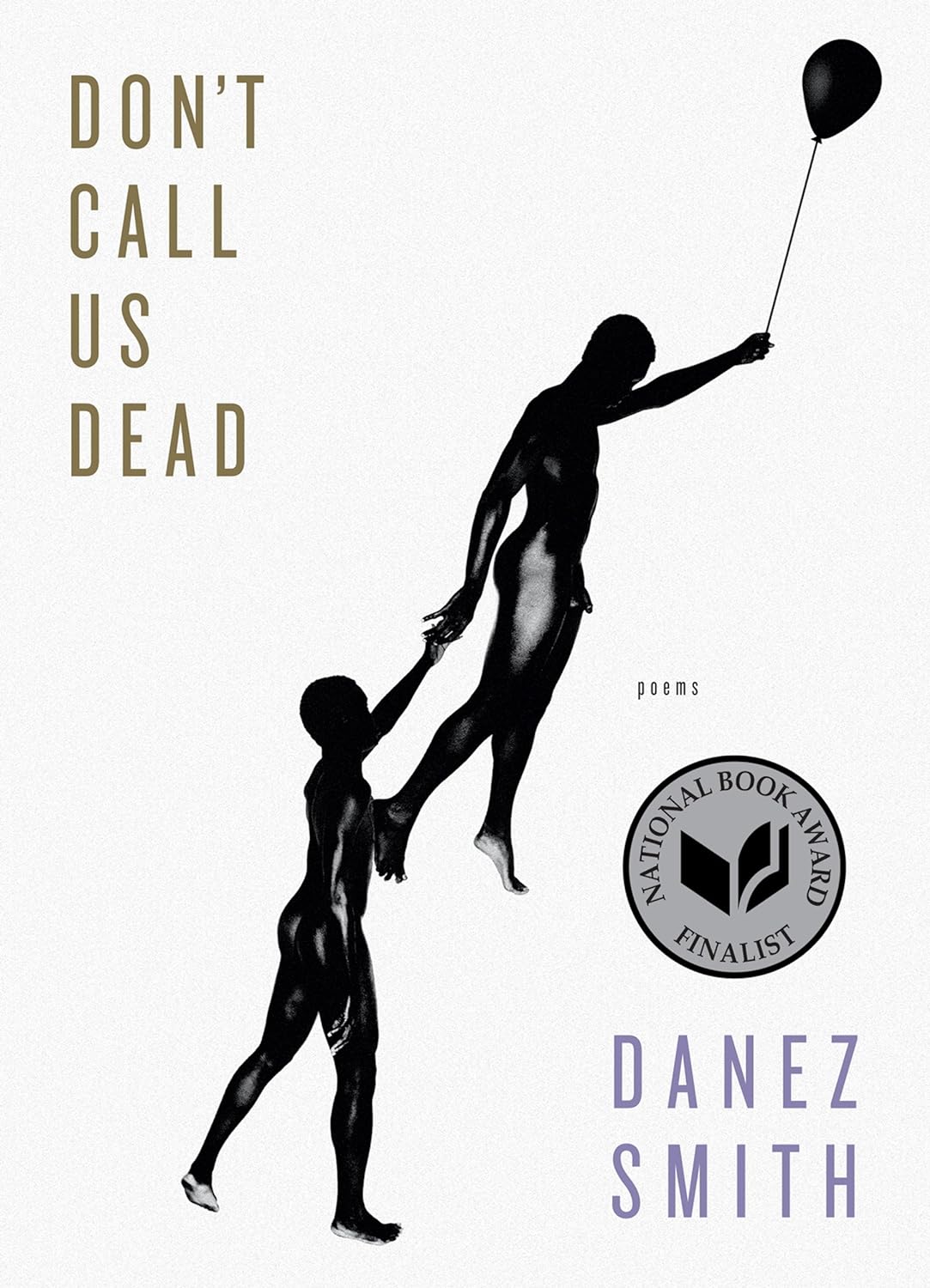Sort by:
19 products
19 products
By: Pamela Sneed (Author), 2020, Paperback
Funeral Diva is the Winner of the Lambda Award for Lesbian Poetry!
A poetic memoir about coming-of-age in the AIDS era, and its effects on life and art.
"Sneed is an acclaimed reader of her own poetry, and the book has the feeling of live performance. . . . Its strength is in its abundance, its desire for language to stir body as well as mind."―Parul Sehgal, The New York Times Book Review
"She is a writer for the future, in that she defies genre."―Hilton Als
"This notable achievement, traveling from youth to adulthood, is a harrowing account of how Sneed transforms violence and pain into an artist's life."―Claudia Rankine, author of Citizen: An American Lyric
"There's an eerie sense of timeliness to this book, which features prose and poetry by the writer and teacher Pamela Sneed and is largely ― though not entirely ― about mourning Black gay men killed too soon by a deadly virus."―Tomi Obaro, Buzzfeed
"OH MY GOODNESS, it was amazing. I was in tears by the end. What starts off as beautiful memoir evolves into incredibly moving poetry, painful and sweet and lovely."―Marie Cloutier, Greenlight Bookstore, Brooklyn, NY
"Balancing and mixing, with rhyme and reason, love and anger, good and bad, memory and the created present, all to tell the story of a life, a memoir unrestrained, devoid of artificial forms. Honest. Free."―Anjanette Delgado, New York Journal of Books
In this collection of personal essays and poetry, acclaimed poet and performer Pamela Sneed details her coming of age in New York City during the late 1980s. Funeral Diva captures the impact of AIDS on Black Queer life, and highlights the enduring bonds between the living, the dying, and the dead. Sneed’s poems not only converse with lovers past and present, but also with her literary forebears―like James Baldwin, Toni Morrison, Audre Lorde―whose aesthetic and thematic investments she renews for a contemporary American landscape.
Offering critical focus on matters from police brutality to LGBTQ+ rights, Funeral Diva confronts today's most pressing issues with acerbic wit and audacity. The collection closes with Sneed's reflections on the two pandemics of her time, AIDS and COVID-19, and the disproportionate impact of each on African American communities.
"Riveting, personal, open-hearted, risky and wise."―Sarah Schulman, author of Conflict Is Not Abuse
" . . . a tour de force about the collision between a coalescing 1980s 'Black lesbian and gay literary and poetic movement' in New York and the onslaught of AIDS."―Donna Seaman, Booklist
"Pamela Sneed's Funeral Diva is deft, defiant, and devastating."―Tommy Pico, author of Feed
"Funeral Diva is urgent and necessary reading to live by. This is writing at its finest. Keep this book close to your heart and soul."―Karen Finley, author of Shock Treatment
"Reminiscent of Audre Lorde’s Zami, Pamela Sneed’s memoir is, in itself, a healing balm, affirming in its truths and honesty. I cannot remember ever reading a book that illustrates the impact of the AIDS epidemic on our community more poignantly than Funeral Diva."―Nicole Dennis-Benn, author of Patsy
"Pamela Sneed takes enormous risks in this book. She tells the truth with fierce concentration and an abiding sense of purpose.”―Dorothy Allison, author of Bastard Out of Carolina
By: Padraig Regan (Author), 2022, Paperback
Winner of the Clarissa Luard Prize 2021 In 'Minty,' one of the typically charged and capacious poems in this eagerly-awaited debut collection, a mojito glass reflects: whatever grid of bricks & wood makes up the room we happen to be sitting in is dilated & wrapped around a single focal-point; whatever portion of the sky that happens to be visible through the window becomes a convex bowl. The weather also happens, as it always does, & passes on, & brings those other places where it falls into the orbit of the glass. 'To look up from Padraig Regan's words is to find oneself gently re-fitted into the world,' writes Vahni Capideo, praising Padraig Regan's 'awesome originality and honesty.' The poems of Some Integrity bring something new to the Irish lyric tradition. Queerness is a way of looking, a perspective, grounded in an awareness of the porous and provisional nature of our bodies. The book's social encounters and exchanges, its responses to the work of artists, its figures in a landscape, and its considerations of food and desire work as capsule narratives and as an exhilarating extension of that lyric tradition.
Edited by: Tom Mack and Andrew Geyer, 2024, Paperback
In his introduction to this Southern poetry anthology, Tom Mack says, "There is no exact English equivalent for the Spanish word querencia, but some translate the term to mean 'the place where a person is their most authentic self.' For the fifty contemporary poets in this unique volume, that place is the American South, from the East Coast to the Ozarks." Andrew Geyer adds that the poet-contributors to this volume "have each put their own unique spin on what makes the South to be what it is at this moment, in the year 2024, almost a quarter of the way through the new century unfolding around us...in a variety of forms and on an amazing array of subjects--all the corners of this continually evolving region including its flora, fauna, cultural idiosyncrasies, dark history, and distinctive cuisines."
By: Danez Smith (Author), 2017, Paperback
Finalist for the National Book Award for Poetry
Winner of the Forward Prize for Best Collection
“[Smith's] poems are enriched to the point of volatility, but they pay out, often, in sudden joy.”―The New Yorker
Award-winning poet Danez Smith is a groundbreaking force, celebrated for deft lyrics, urgent subjects, and performative power. Don’t Call Us Dead opens with a heartrending sequence that imagines an afterlife for black men shot by police, a place where suspicion, violence, and grief are forgotten and replaced with the safety, love, and longevity they deserved here on earth. Smith turns then to desire, mortality―the dangers experienced in skin and body and blood―and a diagnosis of HIV positive. “Some of us are killed / in pieces,” Smith writes, “some of us all at once.” Don’t Call Us Dead is an astonishing and ambitious collection, one that confronts, praises, and rebukes America―“Dear White America”―where every day is too often a funeral and not often enough a miracle.




